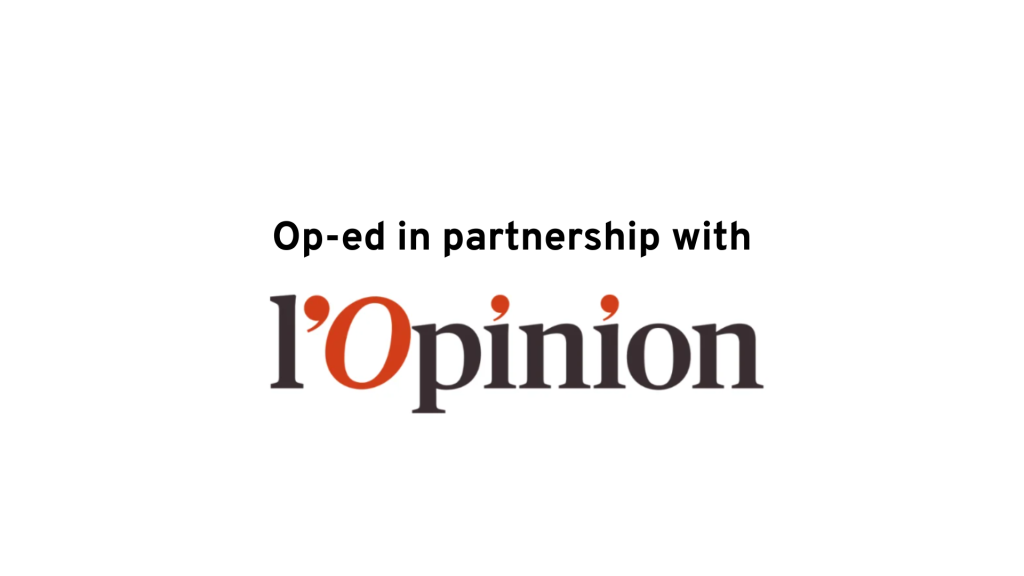Negotiating the EU’s post-2027 budget: a first major test for France and Europe

Within the European Union, few issues are as difficult as negotiations on the EU’s multiannual budget, which determines the Union’s spending priorities for a seven-year period. Discussions on the next budget, covering the period 2028-2034, will begin next year and are expected to be more complicated than usual as the EU faces multiple spending demands. The new security and defence policy, aid to Ukraine and enlargement towards the East and the Western Balkans require investments of several hundred billion. At the same time, traditional policies such as the Common Agricultural Policy (CAP) and cohesion will continue to consume a large part of the EU budget. The traditionally very diverse views of Member States on the EU budget will make agreement difficult; in addition, from 2028 onwards, the EU will have to pay between €15 and €20 billion per year to repay the capital and interest on the post-COVID common debt.
A major source of uncertainty regarding the outcome of these negotiations lies in France. Depending on the results of the current legislative elections and the upcoming presidential elections in 2027, France could take a completely different position in these crucial negotiations for the EU. Traditionally, France has been one of the countries advocating for a substantial European budget. As the second largest contributor after Germany, its voice carries significant weight in the negotiations. In the past, it has used this influence to defend its budgetary interests, but has also played a crucial role in facilitating compromises. Alongside Germany, France was behind the EU’s exceptional post-Covid-19 recovery plan. In recent years, it has also been a strong supporter of aid to Ukraine.
However, if it comes to power, the National Rally has announced its intention to seek a reduction of ‘two to three billion’ euros in France’s contribution to the EU budget. It is unlikely that it will succeed in obtaining a reduction of this magnitude. France’s net contribution is around €9 billion per year. However, measured in euros per capita, it is lower than that of the five countries currently benefiting from budget rebates: Germany, the Netherlands, Austria, Sweden and Denmark. Furthermore, France benefits greatly from the European budget thanks to aid from the Common Agricultural Policy. It seems unlikely that it will be able to obtain such a rebate while maintaining the same level of agricultural aid.
However, the EU’s multi-annual budget is adopted unanimously, which gives all Member States the right of veto. If obtaining a rebate becomes France’s main and only demand, it may succeed in obtaining a reduction, even if it is less than what it is asking for. On the other hand, all efforts will be focused on obtaining this rebate and mitigating the loss of CAP payments. France will oppose any additional requests for European funds, whether for defence, support for Ukraine or the financing of energy interconnections. In 2020, France’s action enabled Europe to put in place an ambitious post-COVID recovery plan. In 2024, a new political direction in France could significantly reduce European budgetary ambitions.




